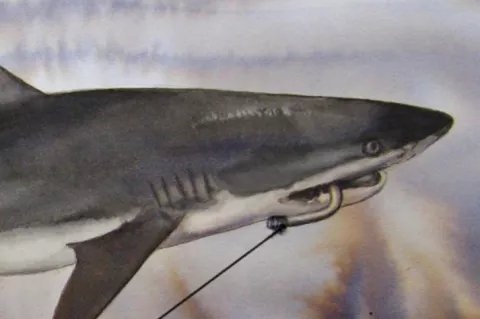Appeal to Shark Lovers!
The paper presents the reasons why large predators of great ecological importance cannot supply the rising demand for shark fins, which is driven by profits that rival the drug trade and involves the fisheries of nations around the globe. They have essentially run out of fish so are targeting sharks now that the shark fin trade has made them valuable.
- Read more about Appeal to Shark Lovers!
- Log in to post comments





